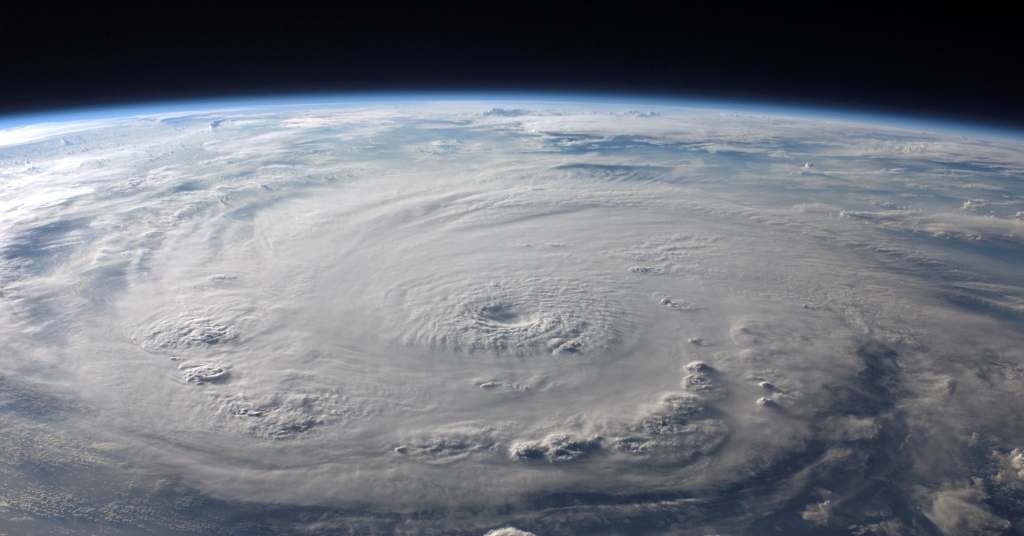The ozone layer, a layer of gas (O3), partially protects the Earth from the sun’s ultraviolet (UV) radiation. In the 20th century, the use of chlorofluorocarbons (CFCs) made a huge hole in the ozone layer. The avoidance of ozone-depleting products and practices and global government action under the Montreal Protocol have halted ozone depletion and enabled its recovery, but much remains to be done to ensure continued recovery.
The effects of ozone depletion on humans and the environment
The depletion of the ozone layer causes increased UV radiation on the Earth’s surface, which is harmful to human health. Negative effects include an increase in certain types of skin cancer, cataracts, and immune deficiency disorders. UV radiation also affects terrestrial and aquatic ecosystems, altering growth, food chains, and biochemical cycles. Aquatic organisms that form the basis of the food chain, just below the surface of the water, are particularly adversely affected by high UV levels. UV radiation also affects plant growth, reducing agricultural productivity.
EU legislation on ozone-depleting substances is among the strictest and most advanced in the world. Through a series of regulations, the EU has not only implemented the Montreal Protocol but has often eliminated hazardous substances faster than necessary.
What can we do to protect the ozone layer?
Avoid products that deplete the ozone layer.
- Check your fire extinguisher at home: if “halon” or “halogenated hydrocarbons” are the main ingredient, look for a hazardous waste center where they recycle. Replace it with a model that does not contain this harmful ozone-depleting chemical.
- Do not buy aerosol products containing chlorofluorocarbons (hairspray, deodorants, and household chemicals).
- Refrigerators, freezers, and air conditioning units manufactured before 1995 should be properly de-energized. These appliances use chlorofluorocarbons to operate, so leaks can release the chemical into the atmosphere.
- Buy lumber, wood products, and plywood that have not been treated with methyl bromide. Wood treated with this pesticide releases elemental bromine, which depletes the ozone layer. On each pallet or crate there is a stamp indicating the method of treatment: HT indicates that it has been heat treated, while MB indicates that methyl bromide has been used.
Resources and references:
https://climate.ec.europa.eu/eu-action/ozone-layer/overview_en#action-to-protect-the-ozone-layer




